Dilbert creator Scott Adams is getting more attention than he has in decades this week but unfortunately, it’s not because of a wincingly obvious observation about the doldrums of cubicle life. The comic strip creator online ranting about black people and how white people should avoid them has resulted in an epic backlash that has all but erased his creation from the funnies page of newspapers nationwide. And it’s making some of his controversial strips from the past look even more racist in retrospect.
People who still thought Dilbert was funny are reeling from the widespread cancellations of the strip (and when we say canceled we mean his syndicate actually did cancel his comic strip) and are probably even more distressed to find out that the once immensely popular comic artist has been merrily dog-whistling his way across social media for some time now.
Adams’s political ideology has ping-ponged all over the place for quite some time now but over the last seven years or so he has definitely been a supporter and even cheerleader of former president Donald Trump and has also unsurprisingly jumped on the MAGA bandwagon with all its requisite “anti-cancel-culture” ideology. Adams made his own trite and unfunny contribution to the conversation last May when he finally introduced a black character into his then 32-year-old comic strip.
The “punchline” was that Dave, Dilbert’s team’s first black engineer “identified as white.” A real knee-slapper that not only purposefully misconstrues the construct of race but also manages to be transphobic as well. It’s almost a surprise that Dave wasn’t an “attack helicopter” but why waste the opportunity to make one sweeping and incorrect generalization when you can misrepresent two birds with the same stone?
And the strip is aging like milk a little less than a year later now that the cartoonist has thrown all restraint to the wind and called black people a hate group and told white people to avoid them whenever possible. One begins to suspect that “Dave wasn’t exactly brought into the strip to increase its representation.”
Adams insists that his message has been misconstrued and that he himself is the victim here. Specifically for the actual cancellation of his strip as well as, interestingly enough, every other career Adams has “lost.” A recent Tweet by Adams assigns the blame to the racism of white people (Adams can’t quite seem to get his “hate groups” sorted out) who struck out against him for their own “gain.” Adams characteristically does not explain how a company gains by firing a competent employee.
But Adams really doubles down when he calls back his own lame “joke” that he himself identifies as black — a statement that even were it sincere, would only indicate that Adams was one of the most tone-deaf individuals on the face of the planet.
Another Twitter user has helpfully pointed out that Adams’ problems may not in fact stem from outside sources but may have to do with him being an “incredibly unlikable person.” Adams countered that opinions are generated by “the media.”

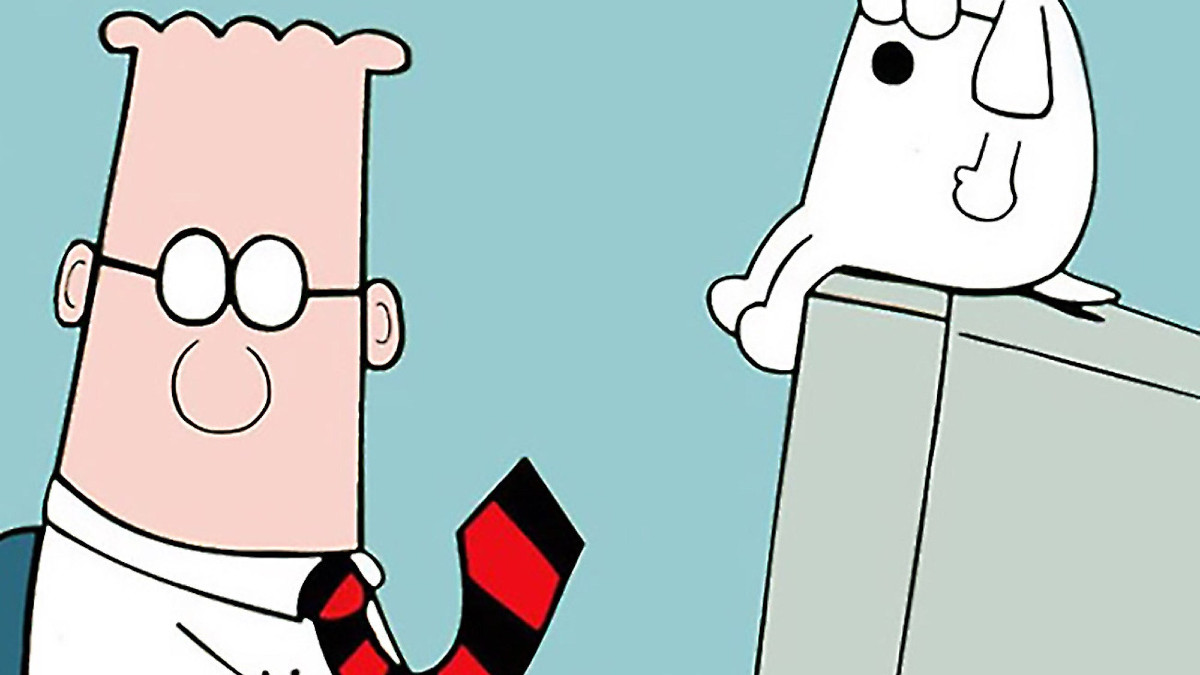
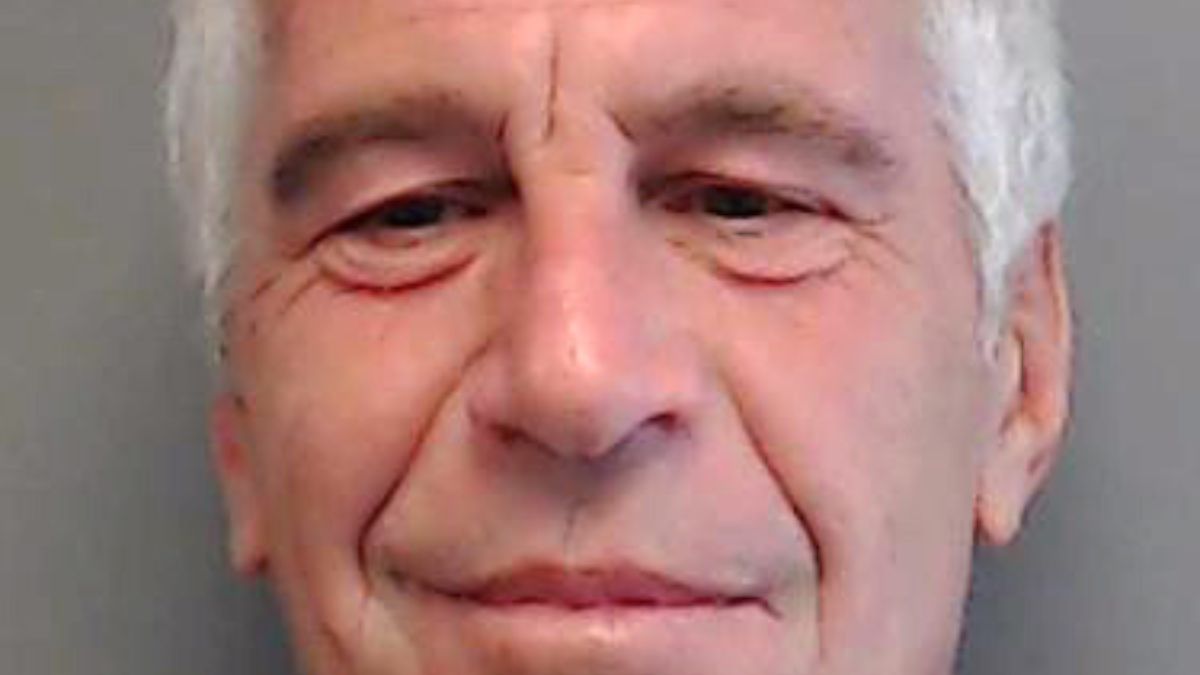
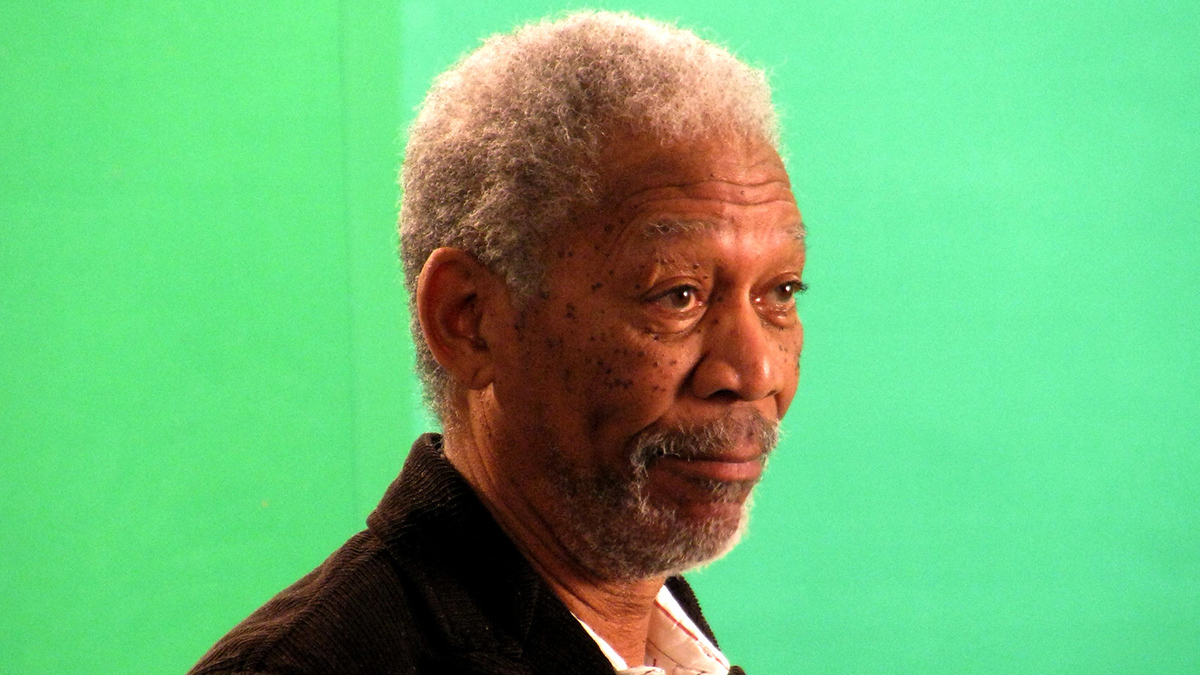

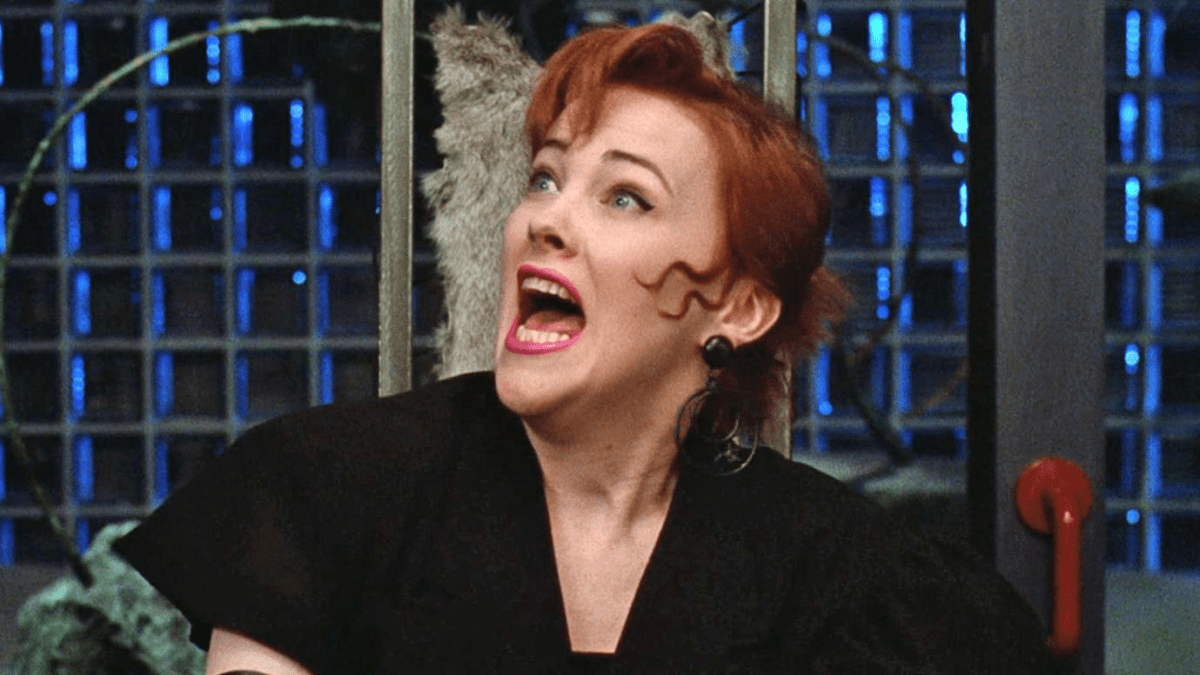


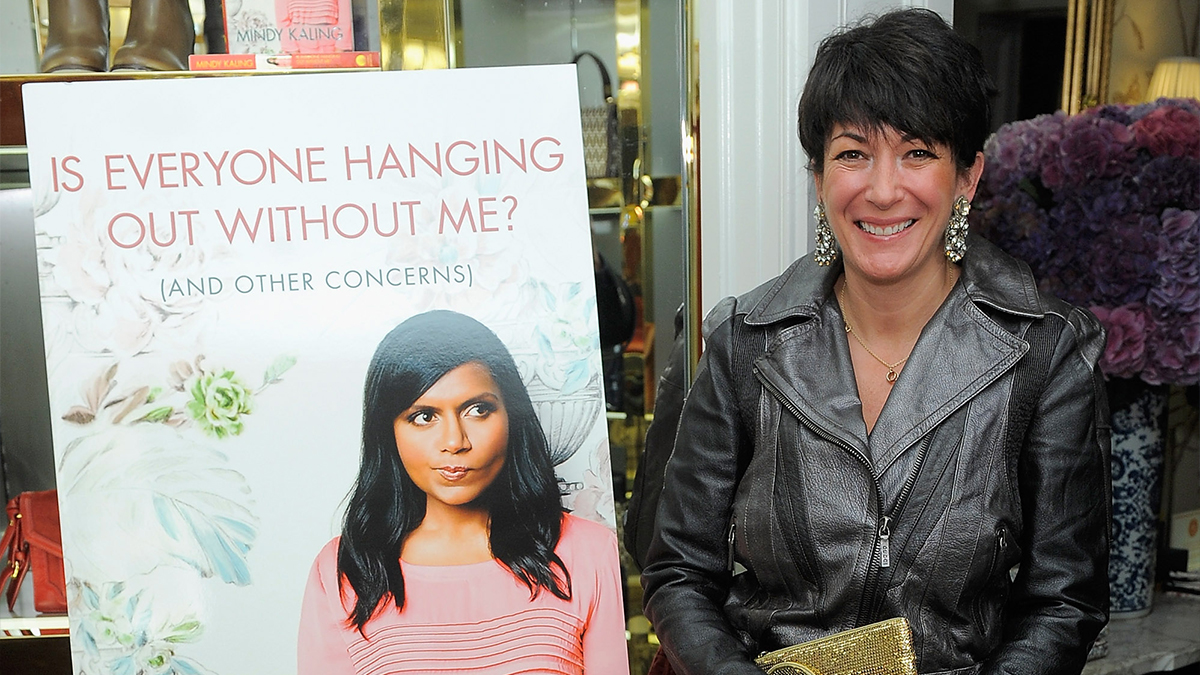
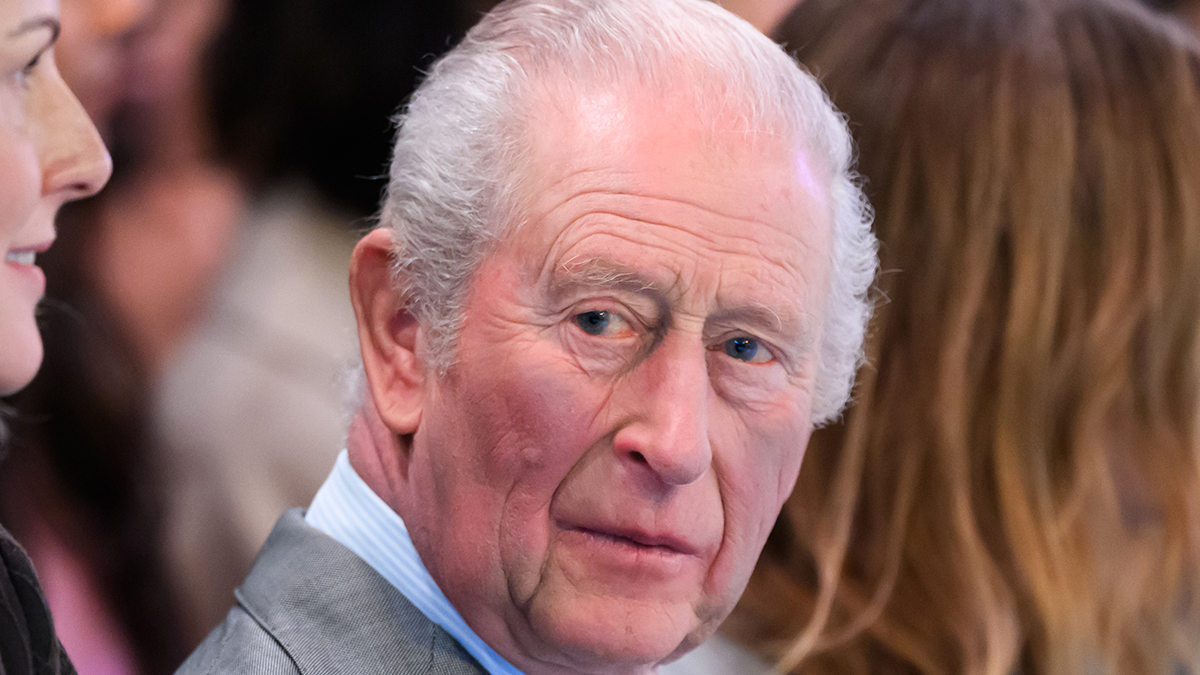

Published: Feb 27, 2023 03:43 pm